Felix Köster
Attention-Enhanced Reservoir Computing
Dec 27, 2023Abstract:Photonic reservoir computing has been recently utilized in time series forecasting as the need for hardware implementations to accelerate these predictions has increased. Forecasting chaotic time series remains a significant challenge, an area where the conventional reservoir computing framework encounters limitations of prediction accuracy. We introduce an attention mechanism to the reservoir computing model in the output stage. This attention layer is designed to prioritize distinct features and temporal sequences, thereby substantially enhancing the forecasting accuracy. Our results show that a photonic reservoir computer enhanced with the attention mechanism exhibits improved forecasting capabilities for smaller reservoirs. These advancements highlight the transformative possibilities of reservoir computing for practical applications where accurate forecasting of chaotic time series is crucial.
Master memory function for delay-based reservoir computers with single-variable dynamics
Aug 28, 2021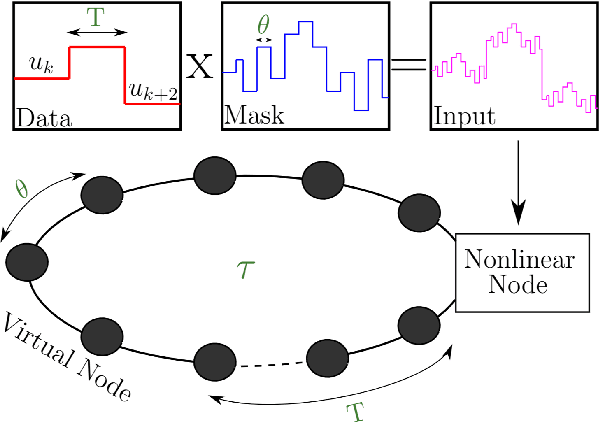

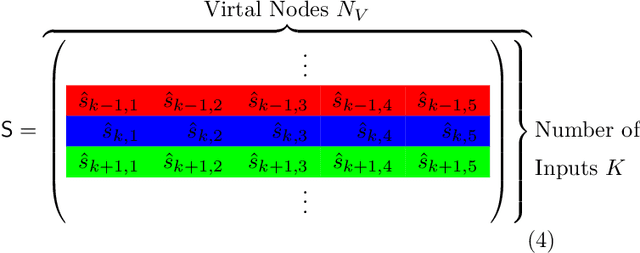
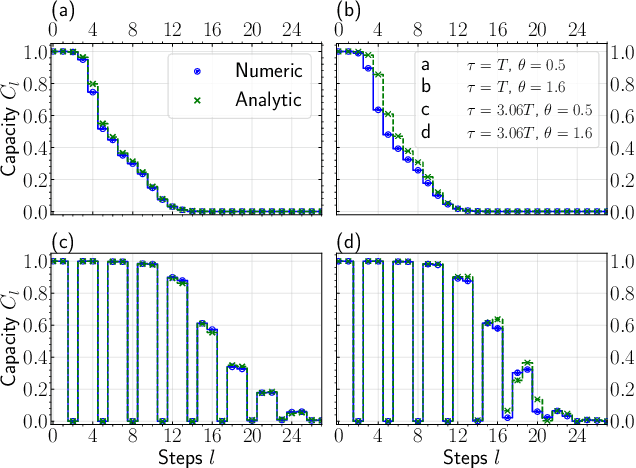
Abstract:We show that many delay-based reservoir computers considered in the literature can be characterized by a universal master memory function (MMF). Once computed for two independent parameters, this function provides linear memory capacity for any delay-based single-variable reservoir with small inputs. Moreover, we propose an analytical description of the MMF that enables its efficient and fast computation. Our approach can be applied not only to reservoirs governed by known dynamical rules such as Mackey-Glass or Ikeda-like systems but also to reservoirs whose dynamical model is not available. We also present results comparing the performance of the reservoir computer and the memory capacity given by the MMF.
Improving Delay Based Reservoir Computing via Eigenvalue Analysis
Sep 16, 2020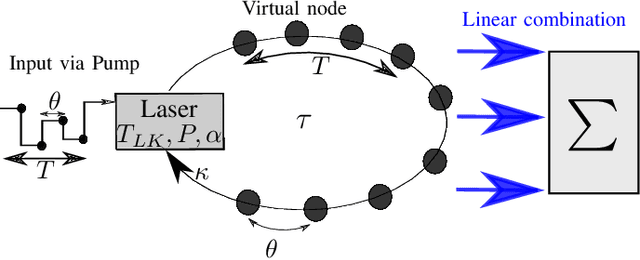
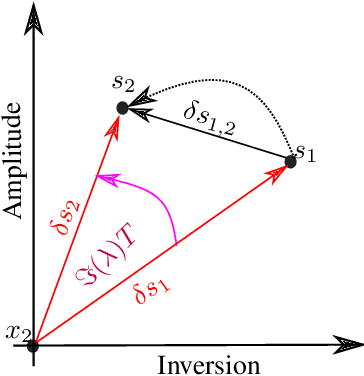
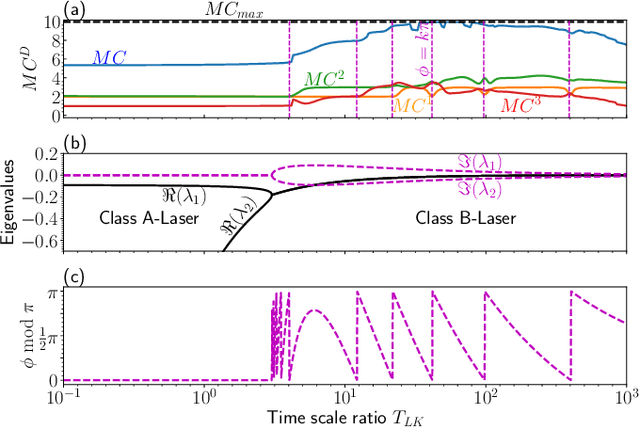
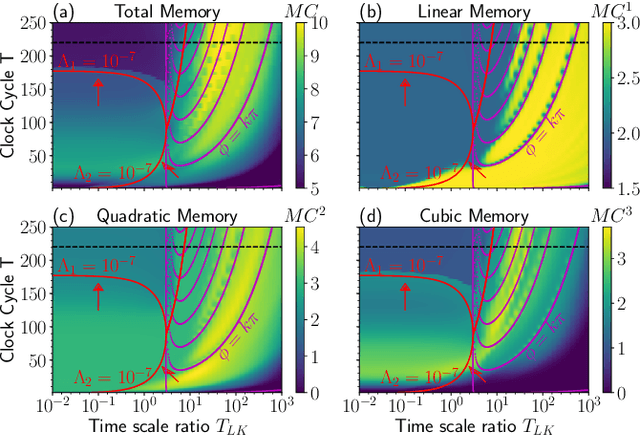
Abstract:We analyze the reservoir computation capability of the Lang-Kobayashi system by comparing the numerically computed recall capabilities and the eigenvalue spectrum. We show that these two quantities are deeply connected, and thus the reservoir computing performance is predictable by analyzing the eigenvalue spectrum. Our results suggest that any dynamical system used as a reservoir can be analyzed in this way as long as the reservoir perturbations are sufficiently small. Optimal performance is found for a system with the eigenvalues having real parts close to zero and off-resonant imaginary parts.
Deep Time-Delay Reservoir Computing: Dynamics and Memory Capacity
Jun 11, 2020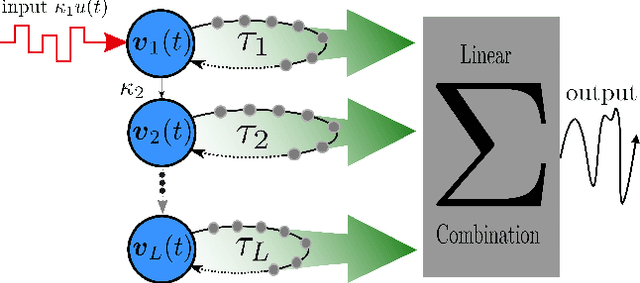
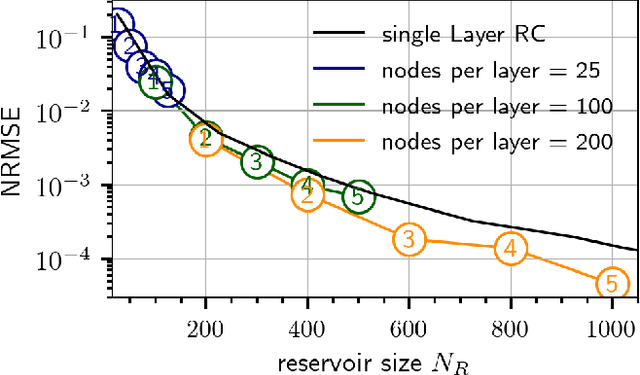

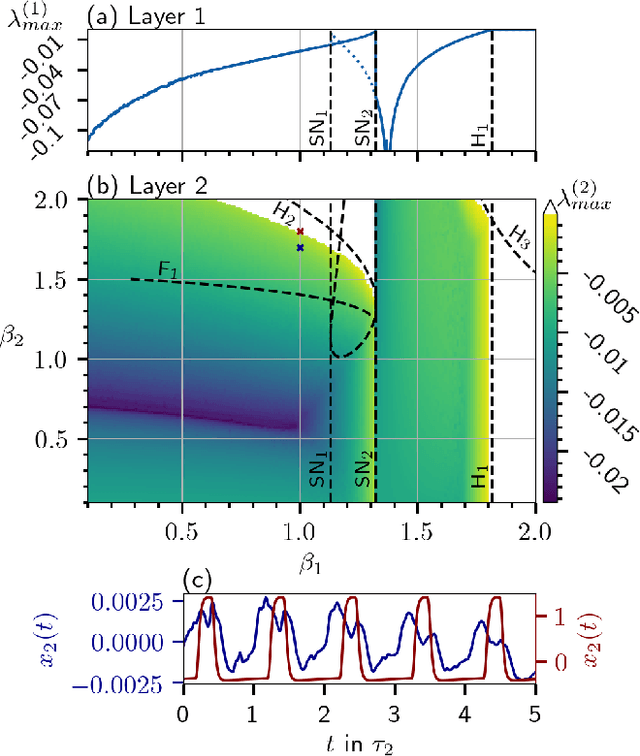
Abstract:The Deep Time-Delay Reservoir Computing concept utilizes unidirectionally connected systems with time-delays for supervised learning. We present how the dynamical properties of a deep Ikeda-based reservoir are related to its memory capacity (MC) and how that can be used for optimization. In particular, we analyze bifurcations of the corresponding autonomous system and compute conditional Lyapunov exponents, which measure the generalized synchronization between the input and the layer dynamics. We show how the MC is related to the systems distance to bifurcations or magnitude of the conditional Lyapunov exponent. The interplay of different dynamical regimes leads to a adjustable distribution between linear and nonlinear MC. Furthermore, numerical simulations show resonances between clock cycle and delays of the layers in all degrees of the MC. Contrary to MC losses in a single-layer reservoirs, these resonances can boost separate degrees of the MC and can be used, e.g., to design a system with maximum linear MC. Accordingly, we present two configurations that empower either high nonlinear MC or long time linear MC.
 Add to Chrome
Add to Chrome Add to Firefox
Add to Firefox Add to Edge
Add to Edge